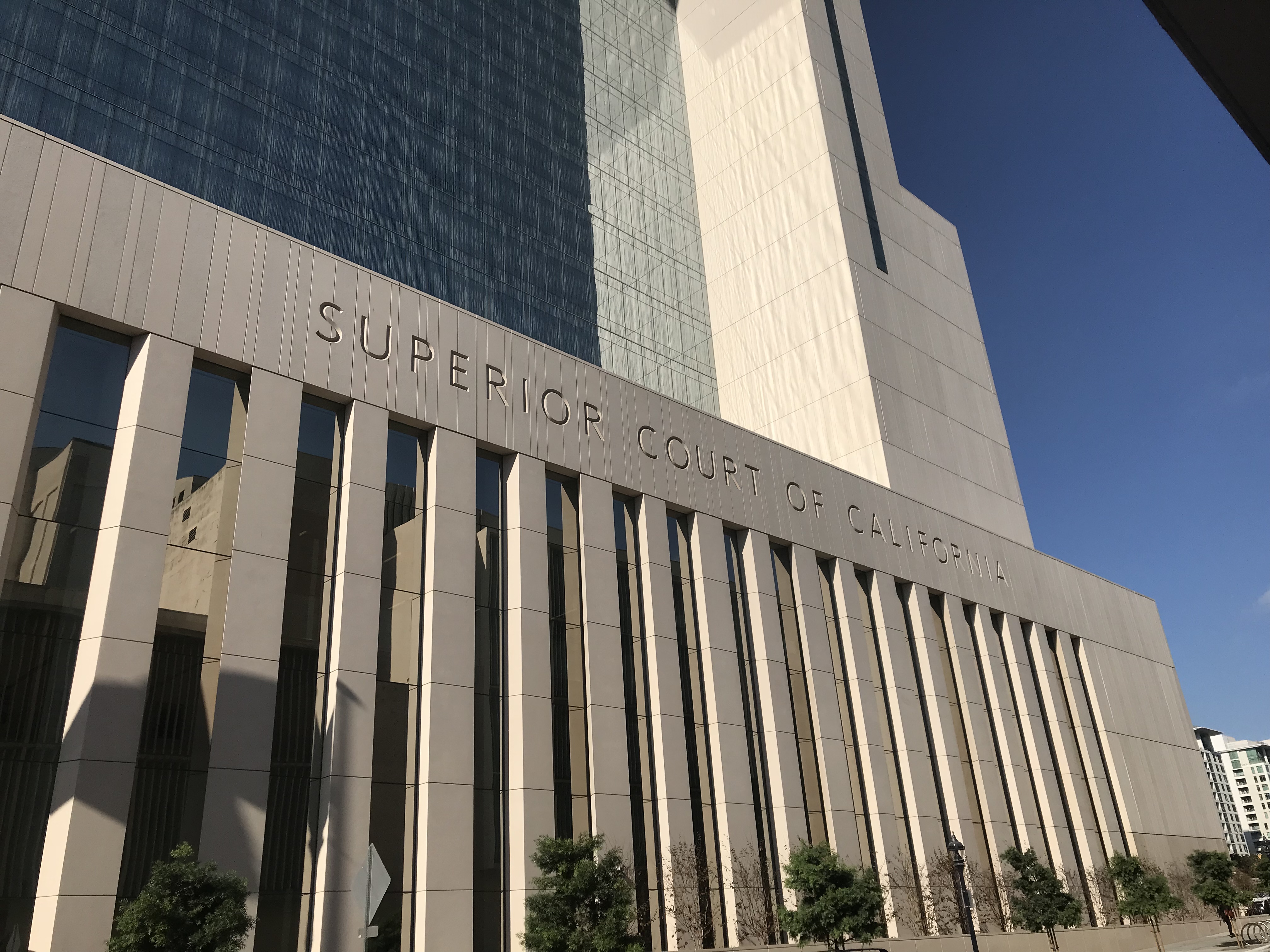Yes, according to the Court of Appeal in Reliant Life Shares, LLC v. Cooper, (2023) 90 Cal.App. 5th 14.
The case involved a dispute within a limited liability company which was equally owned by three members: SM, SG, and Cooper. The trouble began when one of the members, Cooper, ceased working at the Reliant offices due to a medical condition. The other two members attempted to oust Cooper from the business and altered the profit sharing to a 50/50 split between them, leaving Cooper with nothing. At the direction of SM and SG, Reliant filed a lawsuit against Cooper seeking a declaratory judgment on his removal from the LLC. Cooper counter-sued, alleging breach of contract, fraud, and breach of duty of loyalty among other claims, and sought damages, an accounting, and the imposition of a constructive trust over funds obtained through violation of fiduciary duties.
After trial, the jury found in Cooper’s favor and awarded $6,028,786 in damages. The court also ordered the other two members to buyout Cooper’s interest in the LLC for $4.2 million. On appeal, the other two members and Reliant (the Reliant parties) argued the buyout damages exceeded the court’s equitable jurisdiction and were legally unauthorized because there was no action for dissolution of the LLC. The Court of Appeal rejected these arguments and affirmed the trial court’s buyout order:
First, we reject the Reliant parties’ claim that the court had no jurisdiction to order a buyout in the absence of a dissolution action. They say that under the Revised Uniform Limited Liability Company Act (Act; Corp. Code, § 17701.01 et seq.), a dissolution cause of action is “a mandatory prerequisite to a buyout remedy.” For this they cite Kennedy v. Kennedy (2015) 235 Cal.App.4th 1474, 1485-1487, and the buyout procedure described in Corporations Code section 17707.03, subdivisions (c)(1) through (5). Since none of the pleadings in this case requested a buyout, they say, the trial court could not order one. …
But nothing in Corporations Code section 17707.03, or in the Kennedy case, states or suggests that a court has no equitable power to order buyout damages under other circumstances not involving a member’s decision to seek dissolution. The court did not “disregard the Act’s requirements”; those requirements simply do not apply here because Cooper did not seek a decree of dissolution, and Cooper did not have to seek a decree of dissolution to obtain buyout damages in this case.
The Reliant parties cite Marina Tenants Assn. v. Deauville Marina Development Co. (1986) 181 Cal.App.3d 122, for the proposition the court “did not have the equitable power to disregard the Act’s requirements.” Marina Tenants has nothing to do with LLC’s or buyouts. The court merely stated the general principle that “a court of equity is without power to decree relief which the law denies.” (Id. at p. 134.) Nothing in the law forbids the court’s action here.
(Reliant Life Shares, LLC v. Cooper (2023) 90 Cal.App. 5th 14, 34-35.)
The decision is encouraging because it recognizes an equitable buyout independent and apart from the Limited Liability Act. It remains to be seen, however, what specific circumstances will warrant this equitable remedy.




